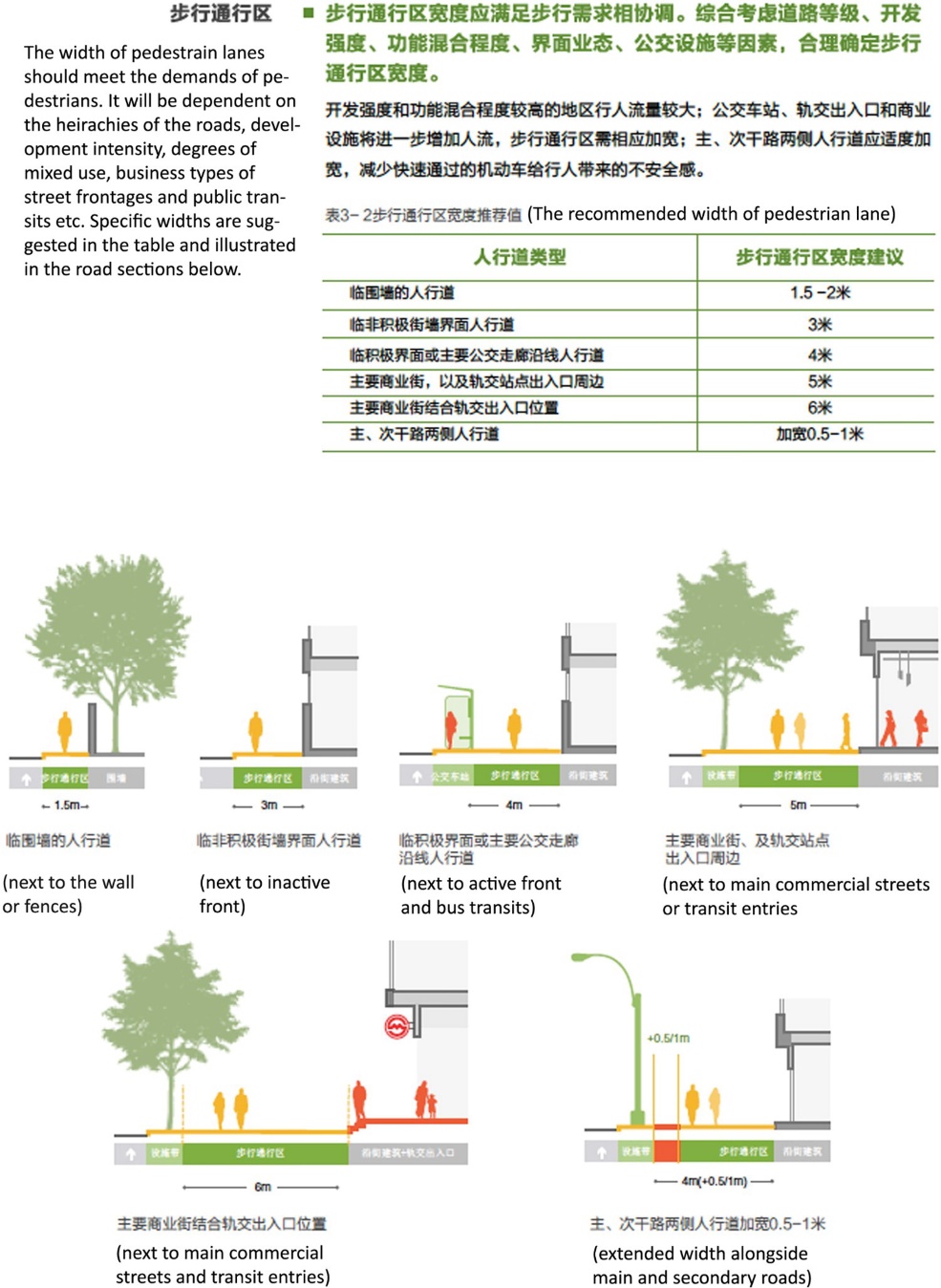Urban design governance in three Chinese ‘pioneer cities’
Fei Chen, J.t. White

Abstract
This paper investigates the formal instruments of design governance and the urban design decision-making environment in Chinese cities. It identifies Shenzhen, Shanghai and Nanjing as three cities pioneering in design-led planning in China and critically evaluates their approaches using a series of ‘best practice’ principles for design review and development management. The findings are based on 20 semi-structured interviews with key stakeholders, a review of their design portfolios, and an analysis of urban design policies and plans. The paper identifies the progress made with design governance in the three ‘pioneer’ cities as well as the challenges associated with adopting more design-sensitive planning practice. It concludes with four recommendations for Chinese cities. These focus on foregrounding sense of place in city-wide urban design visions, raising the quality of design guidance and codes, more effectively coordinating regulations produced by different government departments and agencies, and widening opportunities for public participation.
Chen, F., and J.T. White. “Urban design governance in three Chinese ‘pioneer cities’.” International Planning Studies, 2020. doi:10.1080/13563475.2020.1752160


